Root canal therapy (endodontic treatment) fixes problems with a tooth’s soft core or ‘dental pulp’. This usually happens from infection caused by deep decay or a large filling. RCT may be required when there is advanced gum disease, physical trauma or an indirect result of a tooth-fracture resulting in bacterial infection. Some teeth grinding problems have also been solved by RCT.
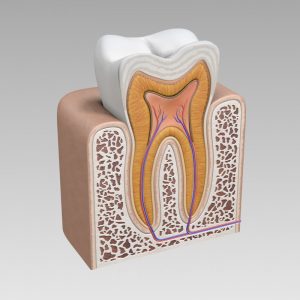
What Happens In A Root Canal Treatment?
The dentist will first recommend an x-ray to examine the depth of infection. Next, an access hole is drilled into the tooth and the inflamed pulp and debris is removed. Once done, the next step is cleansing, in which the inner part of the tooth is carefully cleaned, disinfected with water or sodium or sodium hypochlorite, and followed by sealing of the tooth with a rubber-like material. In the end, the restoration of tooth takes place. This is done with a crown or filling to protect your tooth from further decay.
The main procedure involves the following steps –
- Local anesthesia is given. This helps numb the area of the tooth to be operated on. You shouldn’t feel pain if it’s properly done.
2. A thin sheath is then placed over the diseased tooth and the adjacent teeth, leaving a small hole through which the damaged pulp is accessed. This reduces the contamination of the operation site by saliva and the germs it contains.
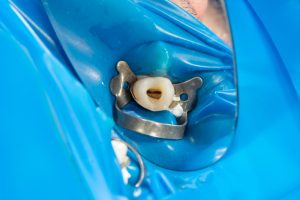
3. A drill is used to gain access into the root canal.
4. The infected or dead pulp is removed. Care is taken to ensure all the nerves are removed to prevent the reoccurrence of toothache after the surgery.
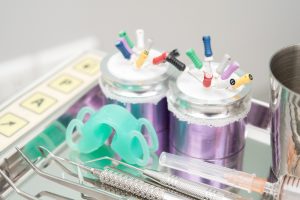
5. The cavity is disinfected with powerful antiseptic solutions. It is cleaned out at once after delicate instruments have been used to widen the cavity a bit to allow for proper filling.
6. The root canal is then sealed completely using one of several available materials. For instance, the rubber-like gutta-percha is a common material here. This is necessary to avoid leaving space for bacteria to grow and multiply in the future.
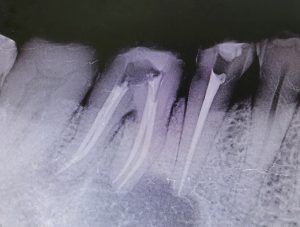
7. A temporary filling is then done in the area of the crown to seal the access point.
8. You may be prescribed some antibiotics to prevent or treat infections. Also, analgesics may be given to reduce the ache that might persist for some days after the procedure.
9. A dental crown may be advised at a later date to strengthen the weakened tooth
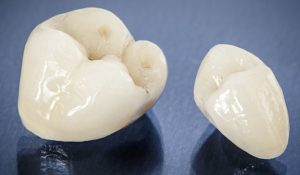
Why should you get Root Canal Therapy?
The damaging of tooth nerves or pulp can result in severe dental issues. It can result in an abscessed tooth, loss of jaw bone, gum disease, etc. Eventually, it may also lead to tooth loss. Now, no one likes to lose a natural tooth. The main aim and benefit of the root canal treatment are to save a tooth from extraction. Retaining natural teeth is considered the best solution from a dental perspective. And, root canal does just that. It saves your natural tooth and helps you retain your smile.
When is it necessary?
The main indication of an RCT is when there is an infection or an inflamed section within the pulp cavity.
Typically, such infections occur following a breach in the integrity of the root canal.
Other factors that allow infectious organisms into the pulp includes –
- Dental caries
- Decay
- Trauma
- Breaks and cracks.
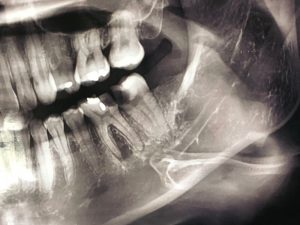
Some of the symptoms of damage to the pulp cavity include
- Increased and long-lasting sensitivity to hot or cold food
- Severe, non-relenting toothache
- Pain with chewing
- Jaw ache or swelling.
RCT is typically done to prevent the need for tooth extraction and replacement with other materials.
What more should you know?
Oral hygiene is of utmost importance, especially after you have undergone a root canal or any other dental procedure. Since your tooth is healing, you need to take precautions after the root canal procedure is done. Make sure that you eat soft foods for at least two days after the treatment is done. Do not chew on the treated side as this area is numb. You should also avoid extremely cold and hot foods as your tooth is likely to be very sensitive to extreme temperatures. Avoid smoking and drinking alcoholic beverages during the initial 24 hours after the treatment. Apart from this, make sure you follow a strict oral care routine and visit a dentist regularly. In case, pain or extreme sensitivity prevails, connect with a dentist immediately.
What happens when RCT is necessary but not done?
For starters, if your dentist determines that an RCT might be the best cause of action for your tooth issue, you should take their word for it.
Otherwise, expect the toothache to worsen and become even more discomforting. The infection could also spread from the pulp into adjacent soft tissues. Or worse, it could be contained and walled off within an abscess.
An abscess is a small pocket of pus that collects in a space within the body. It’s not always easily visible, however, it often presents with a constant toothache, swelling, and or fever.
In some cases, the tooth damage may be severe enough to require complete removal of the tooth.
If there would be a replacement after the extraction, then that would come at a higher cost.
Also, with tooth removal, the adjacent teeth are easily mal-aligned and become faulty with time.
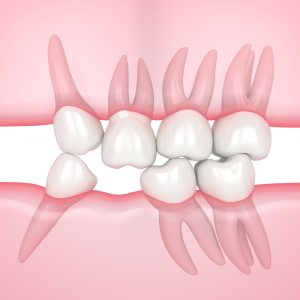
Therefore, it’s better to halt the damage and salvage a tooth when the damage is minimal. Your best bet is to avoid anything that can cause tooth decay, trauma, or infection.
A scary consequence of delayed RCT is that the infection might spread to the whole body, setting up a life-threatening situation.
What is the aftercare for RCT?
After the procedure has been done, it’s necessary to take some measures to preserve the teeth and reduce the chances of having another RCT or even total extraction.
Some of the important things to be done include –
- Maintain good oral hygiene. Brush at least twice a day using fluoride-containing toothpaste. Floss carefully around the treated area.
2. In the immediate post-procedure period, avoid chewing on the affected side. Even much later, avoid chewing hard food on that part. The tooth can be weak and require a crown to prevent splitting. Your dentist will advise you if a crown is necessary.
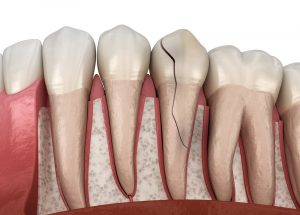
3. Avoid sugary drinks. Bacteria feed on the sugars and multiply, increasing the chances of caries and infections.
4. Avoid alcohol and smoking. These can impair the healing of the repaired tooth and can weaken immunity to infectious agents.
5. Rinse your mouth with warm salt water regularly. The salty environment will help reduce bacterial growth.
6. Take your medications as prescribed to prevent infection of the surgery site.
7. If you’re billed for more than one session, make sure you keep to appointments and follow-up sessions.
How long does it take for the root canal to heal?
This is highly variable. Several factors determine the healing time. These factors are the number of infections one has, the severity of the damage, and how many sessions are required.
Beyond that, certain personal factors can impair healing. For instance, immunosuppression, smoking, alcoholism, and diabetes mellitus.
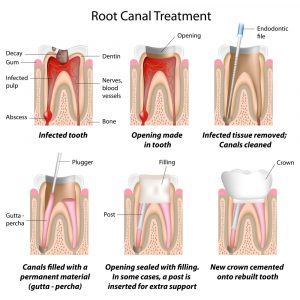
How safe is RCT?
RCT is a very safe procedure. It has a minimal complication rate. If done by experts, it’s the best way to salvage the natural teeth and save cost in cases of tooth disease.
But as we all know, prevention is better than cure.
To avoid the need for an RCT, take good care of your teeth. Here are a few things to do –
- Brush regularly. The Australian Dental Association recommends brushing twice a day.
- Visit the dentist for regular check-ups every 6 months
- Don’t allow a toothache to linger without getting it checked.
- Avoid sugary foods and drinks.
- Avoid alcohol and smoking.
- For sports that involve facial contact, wear a face or chin shield.
Your teeth are important. They will remain healthy if you follow the tips listed above. Do that, and you won’t have to worry about root canals and other dental issues.
So, here’s all you need to know about the procedure. And, don’t worry, the procedure is painless. All thanks to advanced dentistry. If you want to know more or are suffering from any dental issues, you can connect with our dentists to help you out.

